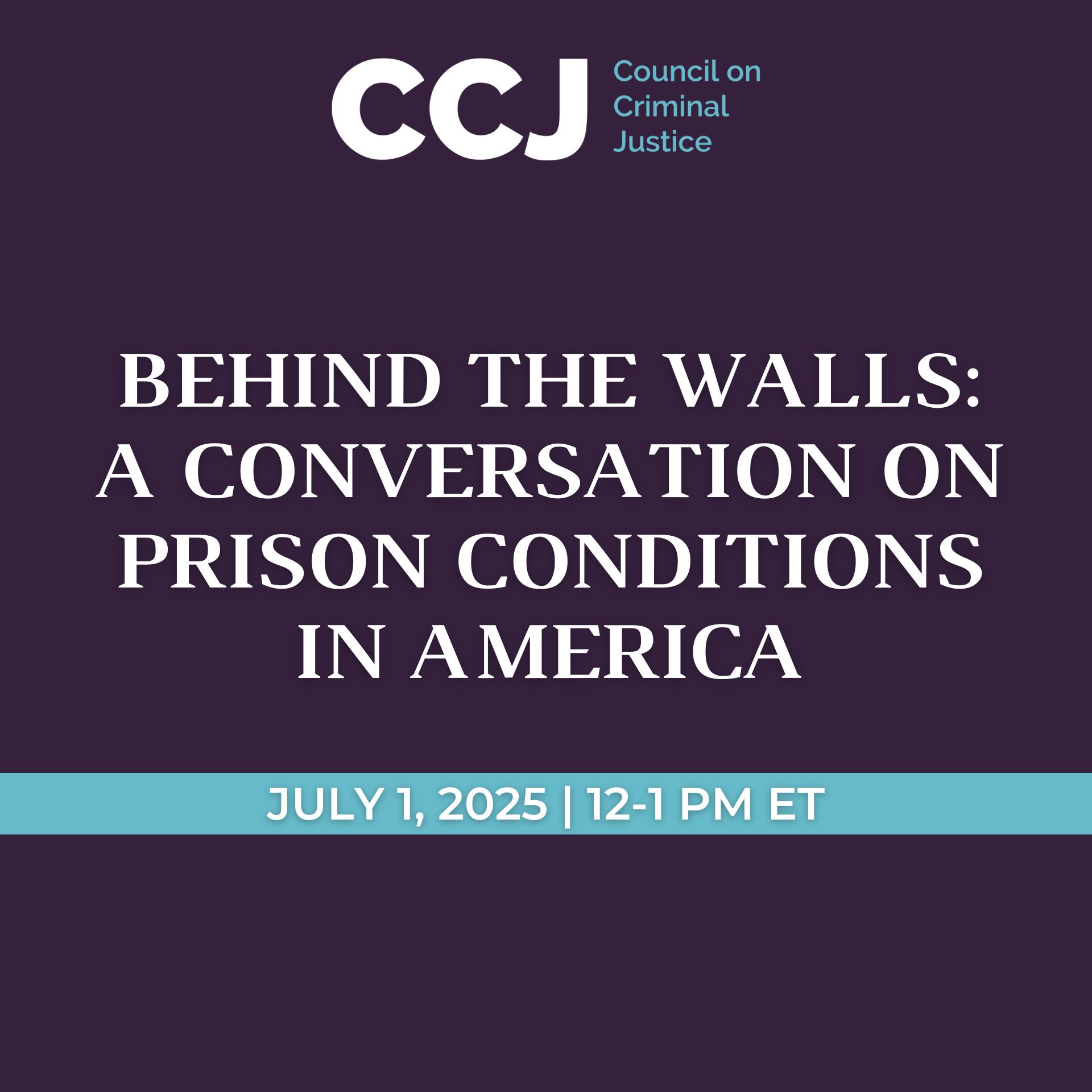Featured Speakers
Chiraag Bains – Special Assistant to the President for Criminal Justice and Guns Policy
Dr. Shani Buggs – Assistant Professor, University of California, Davis
Libby Schaaf – Mayor, City of Oakland
Thomas Abt – Senior Fellow and Director, CCJ’s National Commission on COVID-19 and Criminal Justice (moderator)
-
- Ceasefire is a local version of a national evidence-based strategy known as focused deterrence.
- A partnership between law enforcement, social service providers, and community groups, Ceasefire engages those at the highest risk of violence through multiple strategies reflecting a balance of empathy and accountability.
- Ultimately, an independent evaluation credited Ceasefire with significantly reducing shootings and killings in the city.
With its lockdowns and social distancing rules, the pandemic temporarily halted Oakland Ceasefire, while the murder of George Floyd deeply damaged already strained relationships between police and communities of color. Homicides increased dramatically in Oakland, as they have in other cities. As the pandemic wanes, Ceasefire has restarted, the city is expanding its public health approach to focus more on “upstream” strategies, and efforts to restore confidence in law enforcement are being redoubled.
When asked how mayors should approach the issue of gun violence, Schaaf replied, “Be a policy nerd,” emphasizing the need to explore the evidence on both the problem and potential solutions. She also noted that while Ceasefire was not launched by her administration, she nevertheless worked hard to implement it.
“Sometimes we mayors have to put our egos aside. Every leader is so interested in having their own initiative, but they’re not working on the implementation. Building that partnership muscle has taken years, and we are still doing it. Do not give up!” Mayor Libby Schaaf, Oakland, CA
-
- To sustainably reduce gun violence, immediate efforts should be focused on the very small number of individuals who are at the highest risk for gun violence.
- Violence-reduction strategies should be shaped not only by the science, but also by the lived experience of those who have been exposed to such violence firsthand.
- Initiatives such as street outreach and hospital-based prevention programs, which mediate conflicts, provide services, and deliver treatment, often have strong results yet remain underfunded and understaffed.
- Short-term strategies must be complemented by broader, long-term efforts to remedy disparities at population and community levels.



